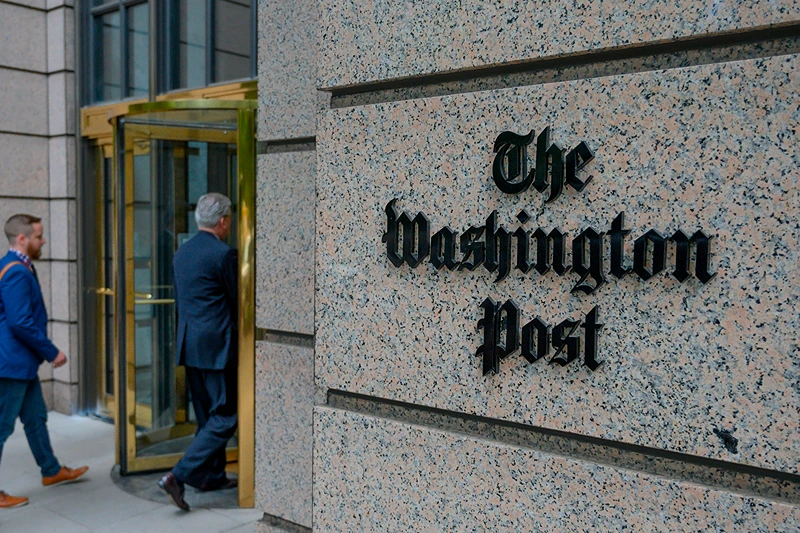
OAN’s Brooke Mallory
12:39 PM – Monday, December 18, 2023
One of the most famous moments in American history was dissected in a recent Washington Post piece, which questioned if the Boston Tea Party was actually an act of “terrorism” carried out by “White men” donning an early version of “Blackface.”
Contributing columnist for The Washington Post (WaPo), Theodore Johnson, pondered if Americans’ heroic mythologizing of the rebellious deed in Boston Harbor against the British Tea Act of 1773 accurately reflects the real events of that day.
“Was the Boston Tea Party an act of terrorism? It depends,” is the title of Johnson’s WaPo column.
“The story of that night became lore — and the lore evolved into national myth. The Boston Tea Party has come to symbolize the revolutionary spirit that led to independence. It engraved the catchphrase ‘no taxation without representation’ on the country’s cornerstone and signified the embrace of democracy,” Johnson said, describing how Americans view this specific point in time.
But he went on, providing an alternative account of what happened.
Johnson expressed his opinion that the event has been “swept under history’s rug to prevent the colonists from being cast as common criminals hiding behind racist face paint.”
“A horde of White men disguised themselves as Native Americans—coppering their faces and donning headdresses in the same tradition that would lead to blackfaced minstrel shows decades later—to commit seditious conspiracy and destroy private property,” he wrote in the piece.
“The riotous mob trespassed on three ships and destroyed goods worth nearly $2 million in today’s money — all because they didn’t want to obey a duly passed law,” Johnson added.
Johnson referenced author Benjamin Carp of “Defiance of the Patriots: The Boston Tea Party & the Making of America,” who expressed that the event from many years ago “may be classified as an act of terrorism” in his book.
He continued, adding that the Boston Tea Party seemed like it “was principled and nonviolent, carried out by common folk who believed virtue was on their side.” However, Johnson later adds that “It was also criminal…”
“A nation’s myths — exaggerated or imagined as they might be — shape its identity. Scholars claim these myths merge fiction and truth, transform incidents into parables, become sacred and resilient in the face of scrutiny, and influence personal and group behavior,” Johnson wrote.
Johnson also asserted, “Being able to see yourself in a story validates both the person and the example. Harriet Tubman and Rosa Parks and Thurgood Marshall, for example, made the United States truer to its principles. They demonstrated how a previously excluded people can be the fullest expression of — not a threat to — the nation’s virtue.”
Stay informed! Receive breaking news blasts directly to your inbox for free. Subscribe here. https://www.oann.com/alerts

